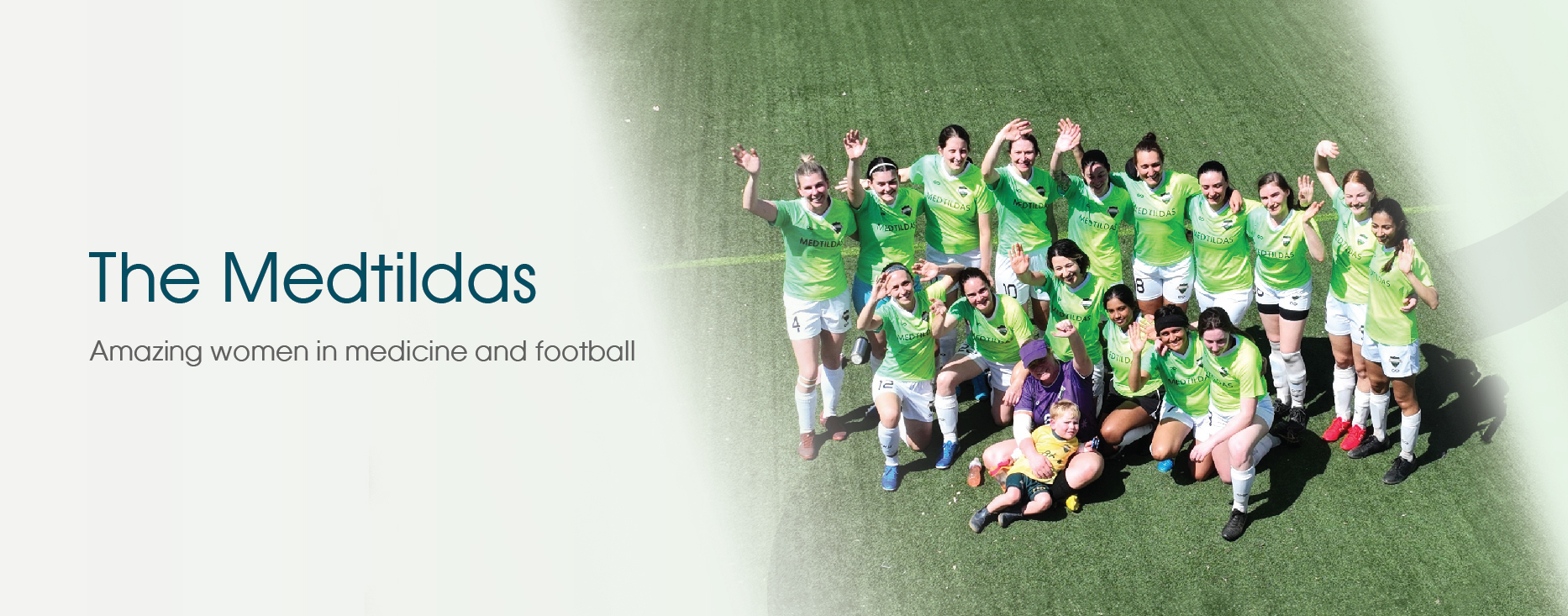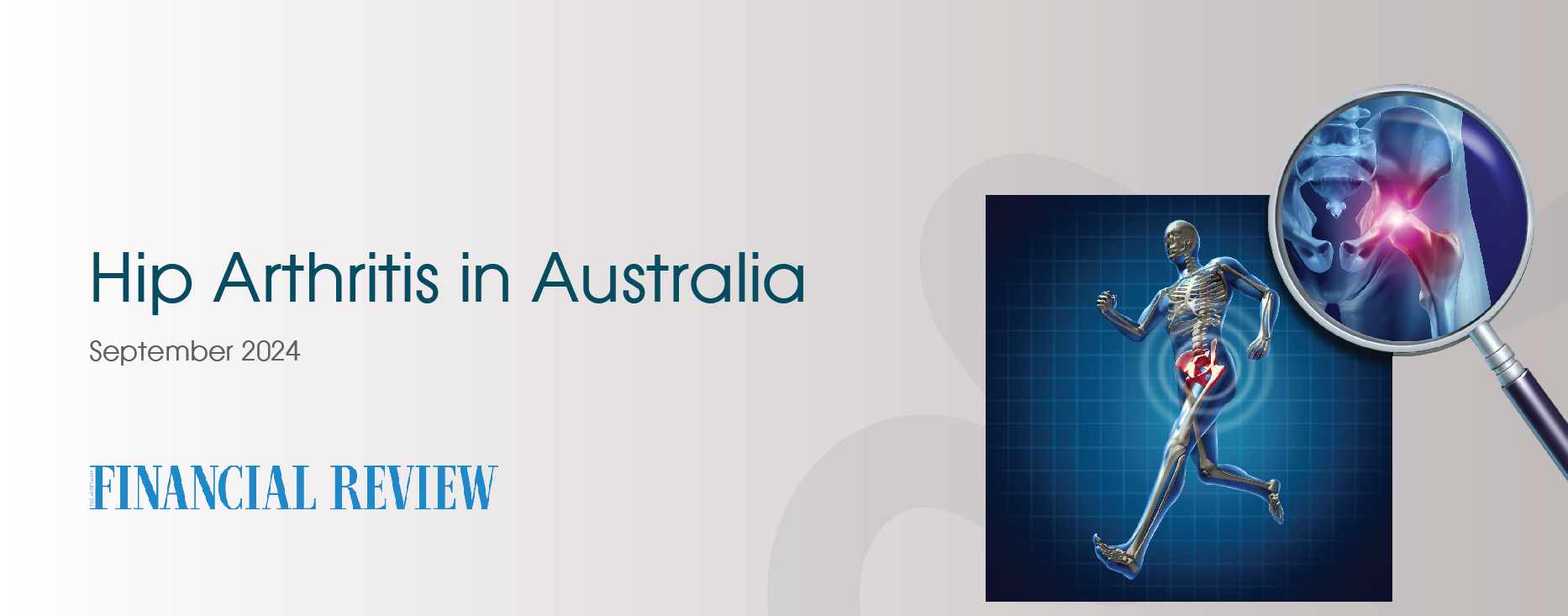
Medtildas (and their children!) are paving the way for WIMs (Women in Medicine).
October 2024
THE MEDTILDAS – WINNING WORLD CUPS AND PROMOTING DOCTOR WELLNESS
They can leap ER trollies in a single bound.
They raise amazing kids despite the sleep deprivation that combined motherhood and years of medical training can exact.
AND they can win a world football cup to boot!
The Medtildas – the medical version of Australia’s famous female football team – exceeded all expectations when they took out gold in the Women’s 7 teams in the World Medical Football Cup this year.
Around 750 doctor players and 42 teams from 20 countries converged on the Sunshine Coast for the competition.
The Medtildas also participated for the first time at the Sydney Docceroos Cup in September, which hosted 140 football playing doctors from all areas of Sydney.
Captain Dr Krista Hagen, General Surgery Registrar, said the Docceroos, (Australian men’s medical football team), were instrumental in starting the women’s competition, particularly Dr Jack Gilpin, Dr Paul Bloomfield, and Dr Luke Poon.
“This year is the first time the women’s cup has been part of the WMFC competition which has been running for 28 years.
“If it wasn’t for the Docceroos, we still wouldn’t have women included in this competition – a fact which seems beyond comprehension in 2024!
“Their commitment came with a monstrous amount of associated work; and I cannot commend them enough for identifying an unequal opportunity and changing it.”
Dr Hagen says the women’s team is represented by many medical specialties including Emergency Medicine, General Surgery, General Practice, Orthopaedic Surgery, Endocrinology, Psychiatry, Gastroenterology, Obstetrics & Gynaecology.
“We have junior doctors through to consultants. When you’re on a team together the hierarchy is dismantled and you become teammates rather than junior/boss.”
Hagen says families and kids are a huge part of the tournament.
“Many of the women playing are mothers, some incredibly recent mothers, so our sidelines were filled with families the entire time.”
The competition paves the way for promoting wellness for WIMs (women in medicine).
The twin burdens of motherhood and medicine are often difficult to juggle and women doctors have a 227% increased risk of suicide due to general population – among the highest of all occupations recent research shows.
There is also an increased need for more women in orthopaedic surgery and other specialties where they are under represented, with evidence showing “there is improved patient care” when there is physician-patient gender and ethnic concordance.
“In the world of sports and medicine, women are constantly shattering barriers, breaking records and inspiring other women with their achievements,” says Hagen.
“Playing sport with other female doctors has built this new community of resilient, supportive and inspiring women; a support network that exists regardless of team and individual successes or failures. It builds connections that otherwise wouldn’t exist within Australia and internationally. There’s a new game to play every day and it’s not about winning or losing as much as trying new approaches – together.”
Organiser of the September Sydney Docceroos Cup, Orthopaedic Surgeon Dr Quang Dao, welcomed the Medtildas to the Sydney competition.
“The competition brings doctors together through sports, irrespective of age, culture or gender – to strengthen communication, provide mental health support and teamwork among doctors. This in turn improves patient care by fostering personal and professional relationships.”
He said $3000 was raised for Beyond Blue on the day through registration and sponsorships collected during the event.
Former Australian Rugby Player for the Waratahs and physiotherapist from Replay Health Jason Madz, says he was delighted to be a major sponsor of the event.
Madz, who represented both Australia and France while playing for the Waratahs agrees that competitive sport provides immeasurable benefits for health professionals.
“Health care is a high-pressure environment and there is nothing better than sport to teach you how to use previous failures as a launch pad for success and how to work seamlessly as a team.”
He says there is also growing groundswell of evidence that exercise can improve mood – with one recent study in BMJ Sports Medicine showing exercise is 1.5x better than anti-depressants for mild to moderate depression and anxiety.
“In both sports and the practice of medicine, we cannot underestimate the biopsychosocial models of care.”
Watch highlights of the cup here, courtesy of Walking Light Graphic Design.

